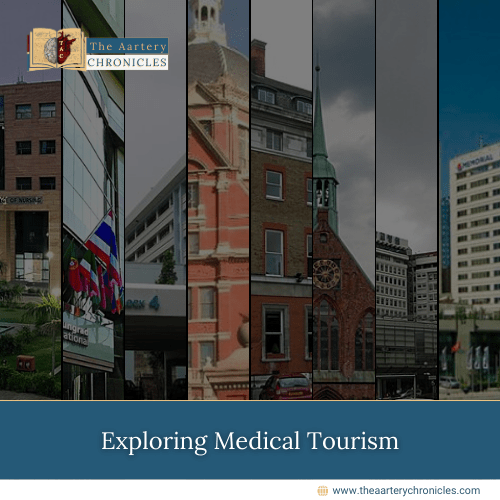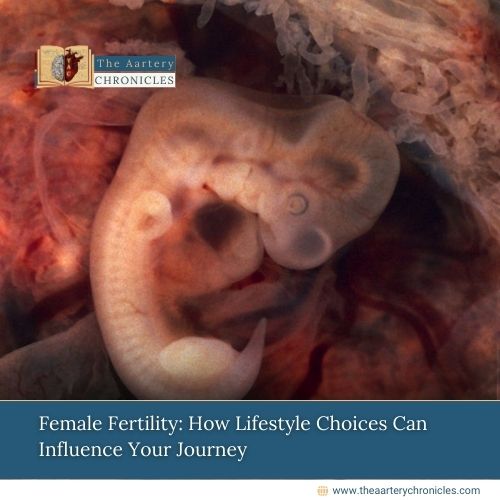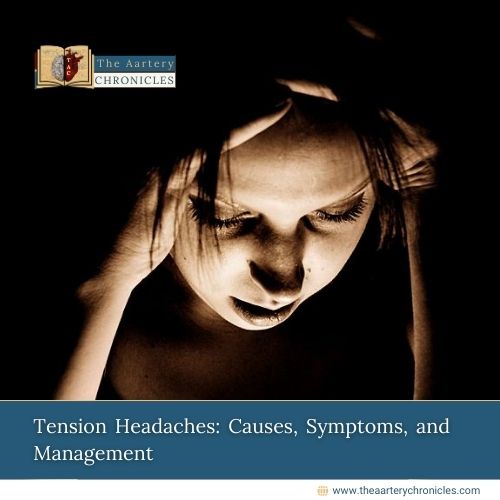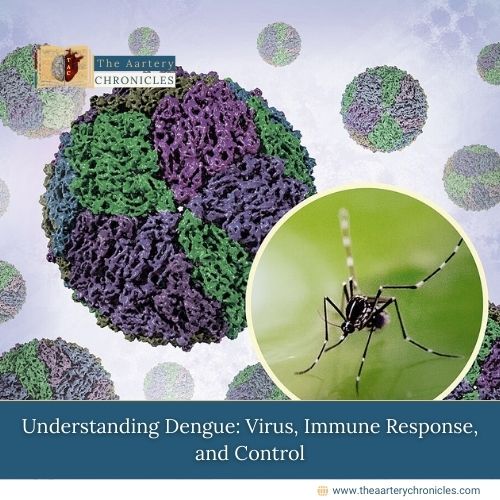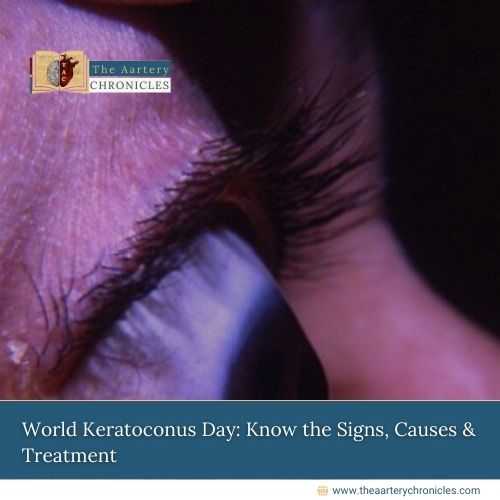

How Tylenol Really Works Might Surprise You
Summary: A groundbreaking study from Indiana University reveals that Tylenol (acetaminophen) may relieve pain not by increasing feel-good brain chemicals but by lowering one of the most challenging decades of scientific assumptions. This discovery could pave the way for safer, more effective painkillers.
Wait, Is Tylenol Doing the Opposite of What We Thought?
For decades, we’ve assumed that Tylenol, America’s go-to pain reliever, works by boosting the brain’s natural feel-good chemicals. But what if it’s doing the opposite?
Here, you’ll discover:
- A stunning discovery from Indiana University
- How Tylenol may reduce pain by lowering a brain chemical called 2-AG
- Why this matters for the future of pain medicine
- The surprising truth behind endocannabinoids and Tylenol’s action
Tylenol Doesn’t Work the Way You Think
Scientists have just flipped 50 years of research on its head. According to a groundbreaking study published in Cell Reports Medicine, Tylenol (acetaminophen) doesn’t ease pain by increasing natural feel-good chemicals; it may actually reduce one of them.
Researchers Michaela Dvorakova and Alex Straiker at Indiana University’s Gill Institute for Neuroscience made this eye-opening discovery. Their work could shape the future of safer, more targeted painkillers.
Meet 2-AG: The Chemical Tylenol Tones Down
The team found that acetaminophen blocks an enzyme that produces 2-arachidonoyl glycerol (2-AG), a key compound from the endocannabinoid family.
- Endocannabinoids are natural chemicals in the brain that activate the same receptors affected by cannabis.
- They’re known to influence pain, mood, and inflammation.
So far, the assumption has been: More endocannabinoids = less pain.
But this new research suggests otherwise.
“Up until now we thought that elevated endocannabinoids in our body meant less pain, but our study shows that in the case of 2-AG, it might be the opposite. Reduced levels of 2-AG lead to decreased pain,” — Michaela Dvorakova
Why This Matters: A Safer Path to Pain Relief
Acetaminophen may be effective, but it’s not without risk. High doses can be toxic to the liver, leading to around 500 deaths per year in the U.S. It’s also a leading cause of liver transplants worldwide.
With over 60 million Americans using it weekly, finding a safer alternative is vital.
“If you don’t know what the target is, you can’t design an alternative,” said Straiker. “Our research suggests that this enzyme might be the target, in which case you can start developing drugs that target that specific enzyme but without that toxicity.”
A Scientific Shake-Up
Many researchers were sceptical of this new mechanism. For years, the belief that activating CB1 receptors helped reduce pain had gone unchallenged.
“It can be hard to break through that dogma,” — Alex Straiker
But with this new insight into 2-AG, the way we look at Tylenol, and possibly other painkillers, is rapidly evolving.
What’s Next for Painkillers?
The team isn’t stopping at Tylenol. They’re now exploring how other common medications like ibuprofen and aspirin might interact with the body’s pain systems in similar or different ways.
Their goal? To develop next-gen painkillers that target the right mechanisms, without harming the liver.
Rethinking Pain Relief
This discovery doesn’t just change how we think about Tylenol, it could reshape the entire landscape of over-the-counter pain management. By targeting the right enzymes instead of relying on old assumptions, we may soon see safer, smarter pain meds on pharmacy shelves.
Bottom line
We thought Tylenol worked by increasing brain chemicals. Turns out, it lowers one. And that’s actually what helps kill the pain.
Reference
Acetaminophen inhibits diacylglycerol lipase synthesis of 2-arachidonoyl glycerol: Implications for nociception” by Michaela Dvorakova, Taryn Bosquez-Berger, Jenna Billingsley, Natalia Murataeva, Taylor Woodward, Emma Leishman, Anaëlle Zimmowitch, Anne Gibson, Jim Wager-Miller, Ruyi Cai, Shangxuan Cai, Tim Ware, Ku-Lung Hsu, Yulong Li, Heather Bradshaw, Ken Mackie and Alex Straiker, 16 May 2025, Cell Reports Medicine.

Dane
I am an MBBS graduate and a dedicated medical writer with a strong passion for deep research and psychology. I enjoy breaking down complex medical topics into engaging, easy-to-understand content, aiming to educate and inspire readers by exploring the fascinating connection between health, science, and the human mind.

